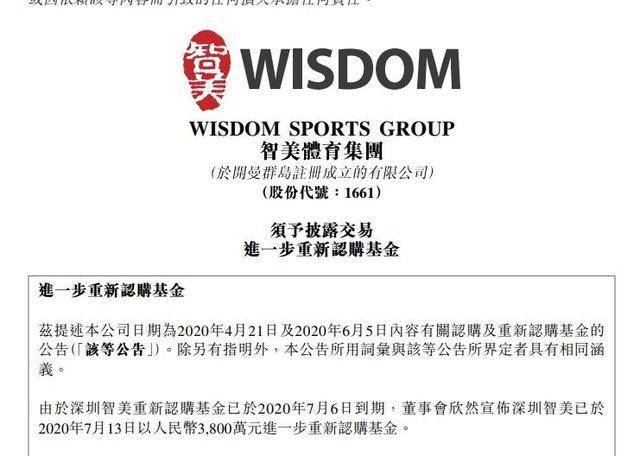Understand Redemption Options: Familiarize yourself with the redemption options available upon fund maturity, considering factors such as fees, taxes, and reinvestment opportunities.
- Reinvestment: Investors may have the option to reinvest their funds into a new term or choose alternative investment vehicles.
When it comes to investments, particularly in the realm of mutual funds or other investment vehicles, understanding the concept of fund maturity is crucial. Fund maturity refers to the point at which the fund reaches the end of its predetermined lifespan. Let's delve into this concept further.
For investors navigating fund maturity, here are some key considerations:
- Bond Funds: Bond funds may have varying maturity dates based on the duration of the underlying bonds held within the fund. Investors should consider the average maturity of the bonds when assessing the fund's characteristics.
Fund maturity is a critical aspect of investment management, impacting the choices available to investors and the overall performance of their portfolios. By understanding the implications of fund maturity and considering their options carefully, investors can make informed decisions to align with their financial goals and objectives.
Monitor Performance: Continuously monitor the performance of your investments and reassess your strategy as needed, especially as funds approach maturity.
Review Investment Objectives: Assess whether the fund's maturity aligns with your investment goals and time horizon.
Tax Considerations: Depending on the jurisdiction and the type of investment, there may be tax implications associated with fund maturity and redemption.
Consult with Financial Advisors: Seek guidance from financial advisors or investment professionals to understand the implications of fund maturity within the context of your overall investment strategy.
Redemption: Investors can redeem their investments, receiving the principal amount along with any accrued interest or returns.Understanding Fund Maturity in InvestmentsFund maturity is the date when an investment fund, such as a mutual fund or a fixedterm investment, reaches the end of its tenure. At this point, investors have several options depending on the type of fund and their investment objectives.
- Rolling Over: Some funds offer the option to roll over the investment into a similar fund or strategy, allowing for continued growth.
The implications of fund maturity can vary depending on the type of fund:
```
```html
Understanding Fund Maturity in Investments
When a fund matures, investors may encounter various implications:
- OpenEnded Funds: Unlike fixedterm funds, openended funds do not have a set maturity date. Investors can typically redeem their shares at any time, subject to the fund's liquidity terms.
